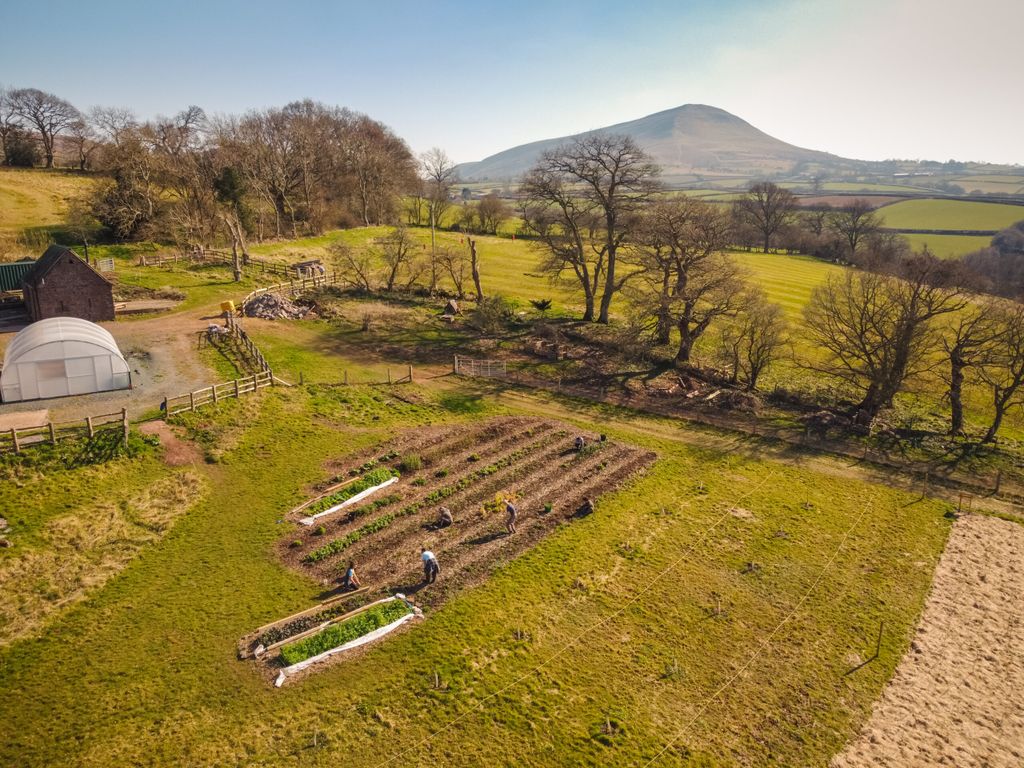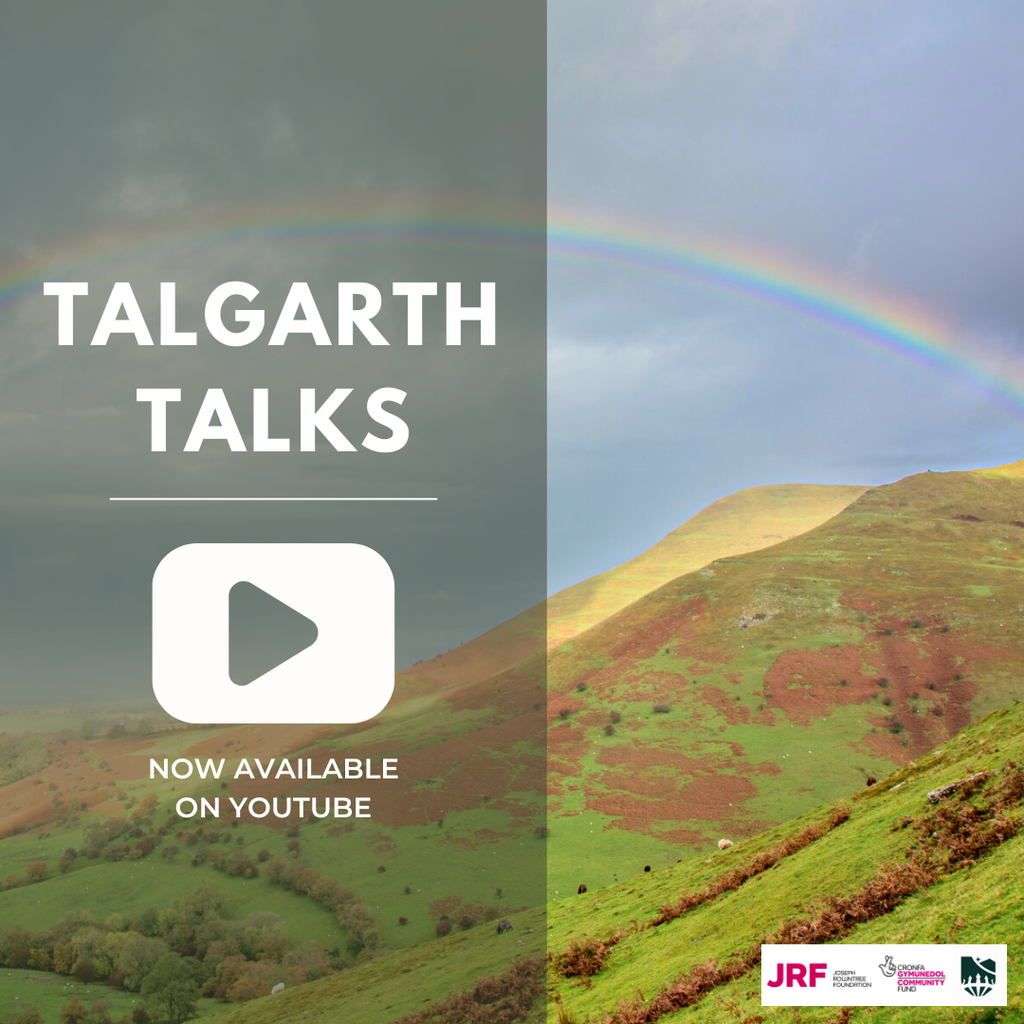
Gross Domestic Product (GDP) – The Expression of a Nation’s Progress
More like this
-

THE FUTURE IS HEALTHY AND NUTRITIOUS – HERE’S HOW TO MAKE IT HAPPEN
As food security rises on the global agenda, the solution isn’t stockpiling but transforming our…
-

Training for a Changing World
As the challenges facing our natural world grow more complex, the need for skilled, adaptable…
-

Talgarth Talks Community Lectures
Talgarth Talks are monthly public lectures that aim to inspire the ecological imagination, spark fresh…
The BMC Prospectus
Download the Black Mountains College prospectus for an overview of our courses, campuses, and vibrant student life
Visit us
Come along to one of our Discovery Days or Campus Tours to explore our campuses and meet your tutors
